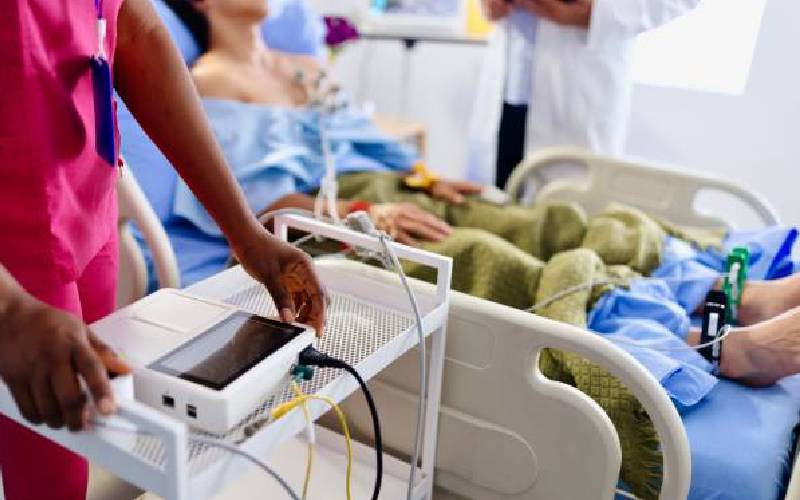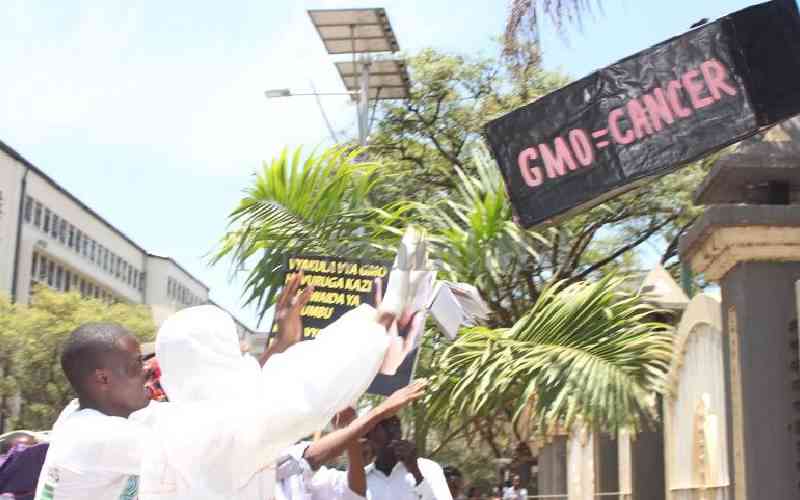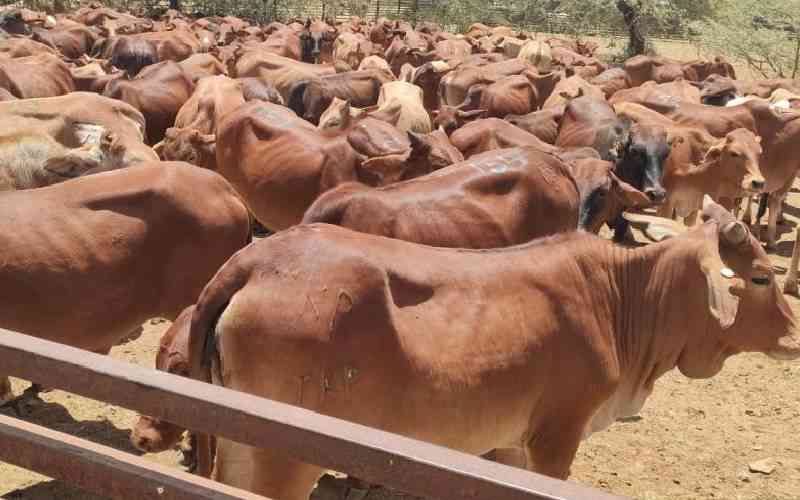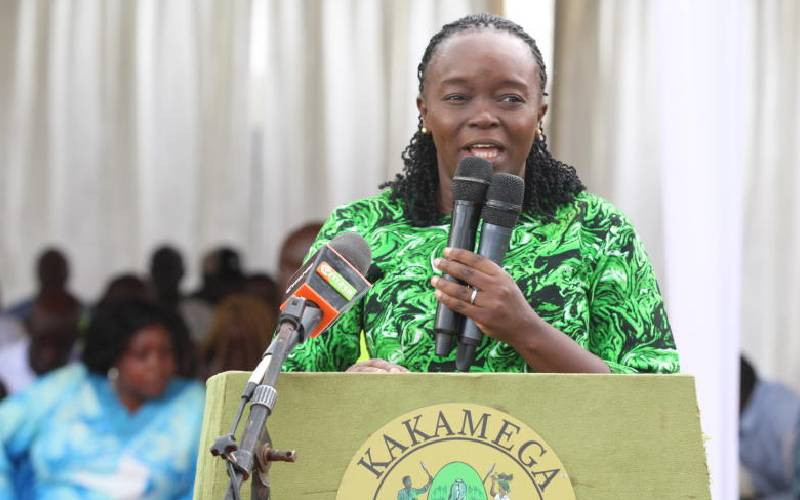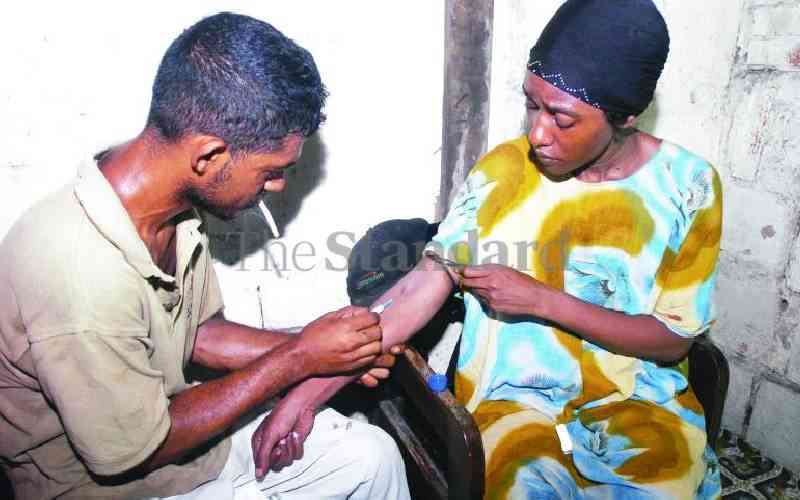
Cleft charity firm Smile Train in partnership with Kids Operating Room (KidsOR) is seeking to establish over 40 solar-powered pediatric theaters by next year.
The firm said the move is in line with its resolve to tackle the dual challenge of greenhouse gas emissions from theatres while prioritising pediatric surgery by innovatively installing solar surgery systems.
Smile Train Vice-President and Regional Director for Africa Mrs Nkeiruka Obi said the solution is a win-win for access to critical surgical care and reduction in the carbon footprint.
Mrs Obi said power cuts in African hospitals can severely impact patient care with many hospitals suffering from hundreds of hours of power outage each month.
While maintaining that operating rooms are a significant source of greenhouse gas production for hospitals when working at full capacity, Mrs Obi said in some cases, power cuts last for days.
She said in partnership with KidsOR, they carried out a pilot study in four hospitals last year in the Democratic Republic of Congo, Tanzania, Zimbabwe and Nigeria, which recorded among the highest power outages.
- Include palate examination in newborn healthcare guidelines, government told
- 79 patients benefit from free cleft surgery in celebration of World Smile Day
Keep Reading
Of the 4 sites, DR Congo had the longest average outage time of 176.7 minutes and lost the most amount of time to power outages during the trial.
Nigeria she said, came second, experiencing outages more frequently than any other hospital, although the average power cut was shorter at 96.01 minutes.
Zimbabwe and Tanzania fared better but still lost significant time during the trial to power outages, with Zimbabwe still losing more than two days in total during the trial.
Obi said the pilot study which was carried out for 31 days showed a CO2 reduction of 1,104.84KG.
“We project that 13 tons of CO2 will be reduced in just a year from the pilot which has demonstrated carbon footprint reduction and savings in the hospital’s running cost,” said Mrs Obi.
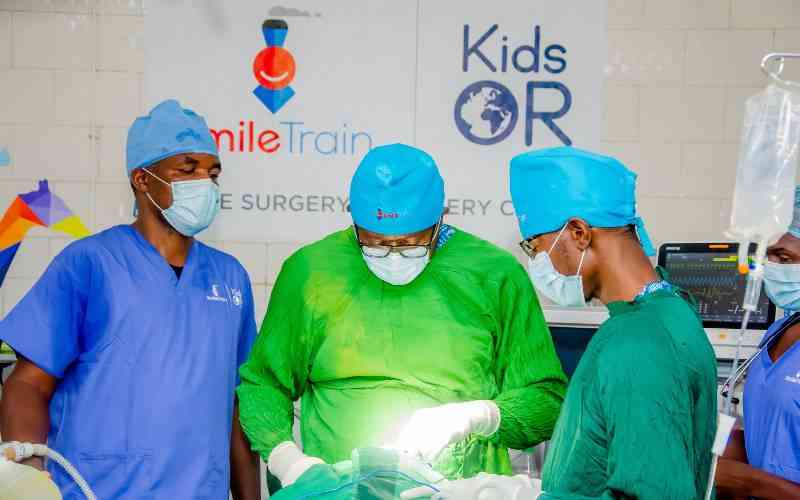
According to her, following the success of the pilot, the two charities will implement solar surgery installations across 40 pediatric theatres by 2025 as they seek to increase capacity for safe pediatric surgery, including lifesaving cleft lip and palate surgeries.
“The daily consumption of medical equipment is 5 KWH, and the new system could last up to 6 hours, saving 1.5 tons of CO2 each year,” she said.
Obi said the backed-up systems enable their surgical teams to carry out their treatment without fear while improving its surgical infrastructure and access to critical care.
The system also reduces the carbon footprint of the operating room that draws energy from the power grid and reliance on diesel generators.
“Going green with our pediatric theatres is a win-win that while saving lives we are also safeguarding our planet,” said Obi.
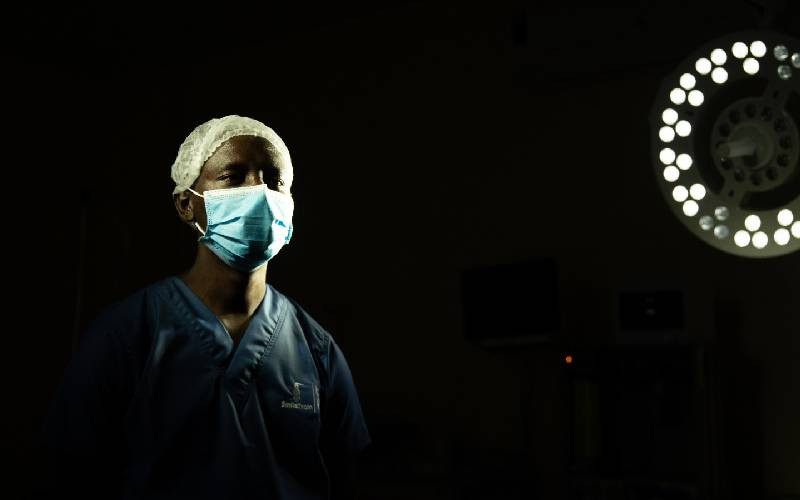
The two charity firms last year announced an ambitious plan to introduce a solar panel operating room in Africa.
The system aims at reducing the cost and carbon footprint of surgery while increasing quality and patient safety, across low- and middle-income countries.
The stand-alone solar battery support systems are mounted on the roof of a facility, which charges a battery unit capable of powering medical equipment in an operating room continually during daylight and for a further six hours after sunset.
The power unit removes reliance on the national grid, requires no diesel generator backup, reduces the carbon footprint of each operation, increases patient safety, and integrates high-tech activities like anesthetic gas scavenging to even the world's most remote hospital.
Mrs Obi said this unique solar surgery system thus makes the best possible care available to the most vulnerable and remote child.
 The Standard Group Plc is a multi-media organization with investments in media platforms spanning newspaper print
operations, television, radio broadcasting, digital and online services. The Standard Group is recognized as a
leading multi-media house in Kenya with a key influence in matters of national and international interest.
The Standard Group Plc is a multi-media organization with investments in media platforms spanning newspaper print
operations, television, radio broadcasting, digital and online services. The Standard Group is recognized as a
leading multi-media house in Kenya with a key influence in matters of national and international interest.



